“I love how poetry is a way to say so much in a small space, and how each poem can be its own complete universe, yet at the same time be a passageway to other universes of thought, art, and beauty.”
Eileen Chong
I learned of Eileen Chong through a Mother Language Festival. LOST IN BOOKS, a local bookstore and art space in one of the most culturally and linguistically diverse areas in Sydney, was hosting the inaugural event.

An Australian poet who was born in Singapore, she published her first collection of poems in 2012. Titled Burning Rice, her poems centre on food, love, loss and her vibrant family heritage. Then came Peony (2014), Painting Red Orchids (2016) and The Uncommon Feast (2018). Another collection of poems, Rainforest, will be published by Pitt Street Poetry this May.
Eileen’s work has been short-listed for several awards in the past six years, including the Australian Prime Minister’s Literary Award in 2013, and Burning Rice is now a prescribed text on the New South Wales English syllabus for the Higher School Certificate. From next year, thousands of school students will be studying her work.
“I’m really pleased to have the poems studied at that level,” Eileen tells me.
“When I visit schools to deliver readings and poetry workshops, I am always heartened to see that connection made with students within and outside of cultural familiarity. I hope they will see that the poem represent craft as well as emotional depth, and I hope it encourages them to read poetry for the rest of their lives.”
This is the poem.
Burning Rice
I did not mean to burn the rice tonight.
‘Planting rice is never fun’ – generations
of men, women and children ankle-deep
in padi fields, bent double at the waist,
immersing seedlings day after day.Finally, the harvest: sharp scythes glinting
in the afternoon sun, stalks of ripened grain tossed
into baskets strapped onto backs like babies too young
to walk. Next, the rice huller, churning husks
away from the hearts. Then the long hours polishingeach dark grain into pearly white. I’d forgotten
that brown rice needed more than double
the usual measure of water. I smelt the charring,
then saw: scorched rice like black gold,
my ancestors’ ashes in a bowl.
I ask Eileen if there was an apologetic tone to her piece. I wondered if the burnt rice was symbolic of a disconnection to heritage and if there was a sense of regret embedded in the poem.
“I was literally cooking brown rice one day, the lazy way, using a microwave rice cooker my mother had sent me. I burnt the rice, and in the process, ruined the rice cooker. I was very frustrated, because I am generally a competent cook,” Eileen sets me straight.
“But the image (and smell!) of the burning rice stayed with me, and made me think of ashes and of death. I don’t think there is a tone of apology in the poem per se, but there is a sense of a connection with a heritage of a very different way of life that my forefathers may have had.”
Eileen came from a working class family in Singapore. Her grandmother was illiterate and worked all her life, making noodles for other people. It helped raise her six children and send three of them to university. Eileen’s mother had to finish her education early to help the family. But she understood its value and both her children went to university, attaining Masters degrees.
Eileen was teaching in Singapore when she fell in love with an Australian and followed her heart here to Sydney. That was ten years ago. The relationship ended, but she ended up staying. She writes on her blog that she would not have come to Australia if it hadn’t been for him. Neither did she ever think she would make her home here, leaving Singapore for good. But there you go.
She gave up her Singaporean citizenship to become an Australian citizen recently. She says the process is a both a loss and a gain. I wondered about her first few years of settlement; how she felt about Australia and if she had any positive or frustrating encounters.
“As a young adult migrant whose first language is English, I don’t think I had too much of a culture shock,” Eileen explains.
“I was frustrated that my teaching qualifications from Singapore were not immediately transferrable to Australia, however, and so I decided to return to university to undertake my Masters degree.
“I started writing poetry in earnest around 2009, and I was asked at various times how come I could speak English so well. I wasn’t immediately aware of my difference, because I think my cultural identity was very intact, coming to Australia as a Singaporean-Chinese person who has traveled a fair bit before moving to Sydney.”
I look at my son who recultantly followed his mum to the festival. Neither Asian nor Anglo, he is straddling two cultures. That space can be difficult to navigate as he works out who he is as he grows older. I found solace from my fractured identity in my faith. But I am also grateful to my parents who taught me Korean. It broadened my understanding of people. I could see how underneath our cultural differences we were all the same. All flawed, yet infinitely valuable.
I too want to impart the richness and beauty of my son’s Asian heritage so it won’t be lost to him.
For Eileen, “I hope that people who identify with my work in that way can feel like they are a little less alone in feeling hyphenated or liminal, and that there are ways to negotiate identity and belonging even as you feel different or restless in life.”
I purchase her book, hoping one day my son will come to understand, as Eileen puts it, “the silences that need to be endured in order for us to understand each other.” I ask her if she could sign it for him. She agrees and writes:
“You are the future of all our worlds.”
In eight short words she pours out my worldly hopes for my son. And reminds him of his responsibility to leave this world a slightly better place.
It’s a lot of pressure on a kid who was dragged to a poetry festival by his mum.

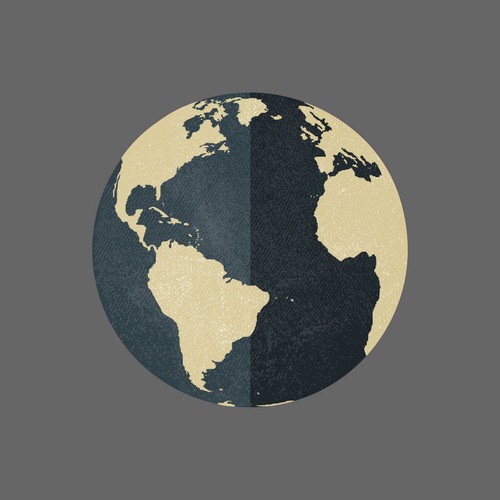

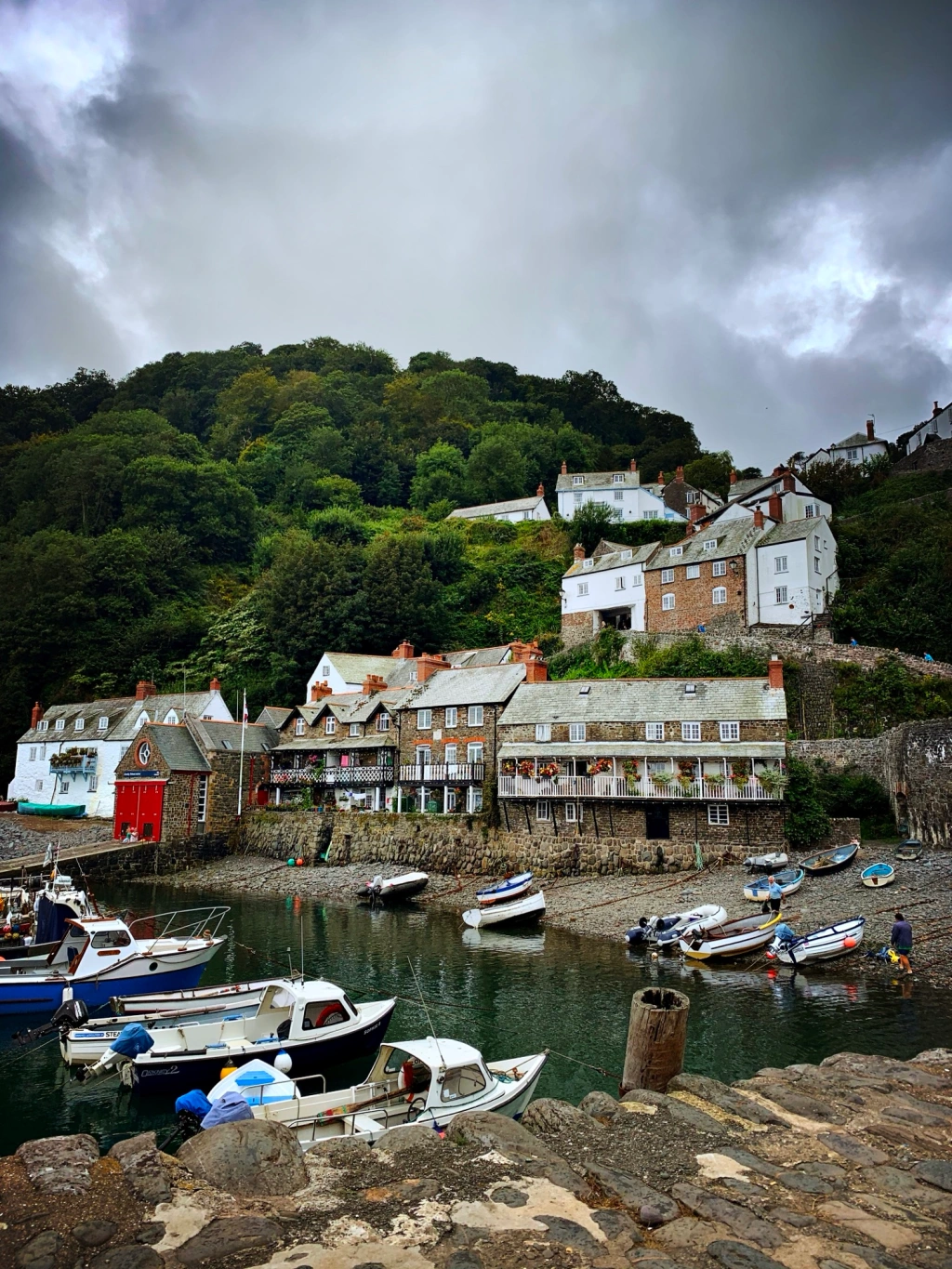
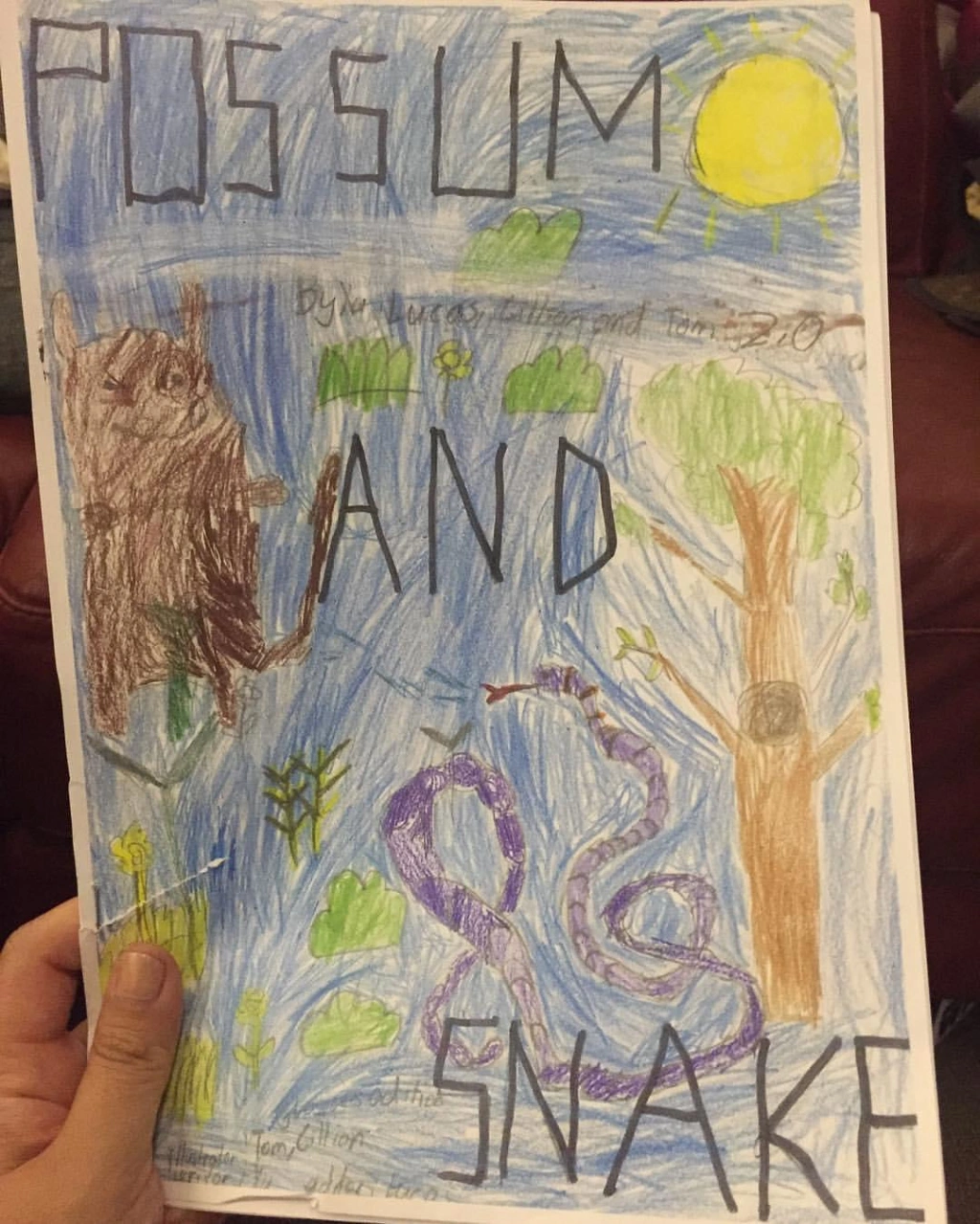
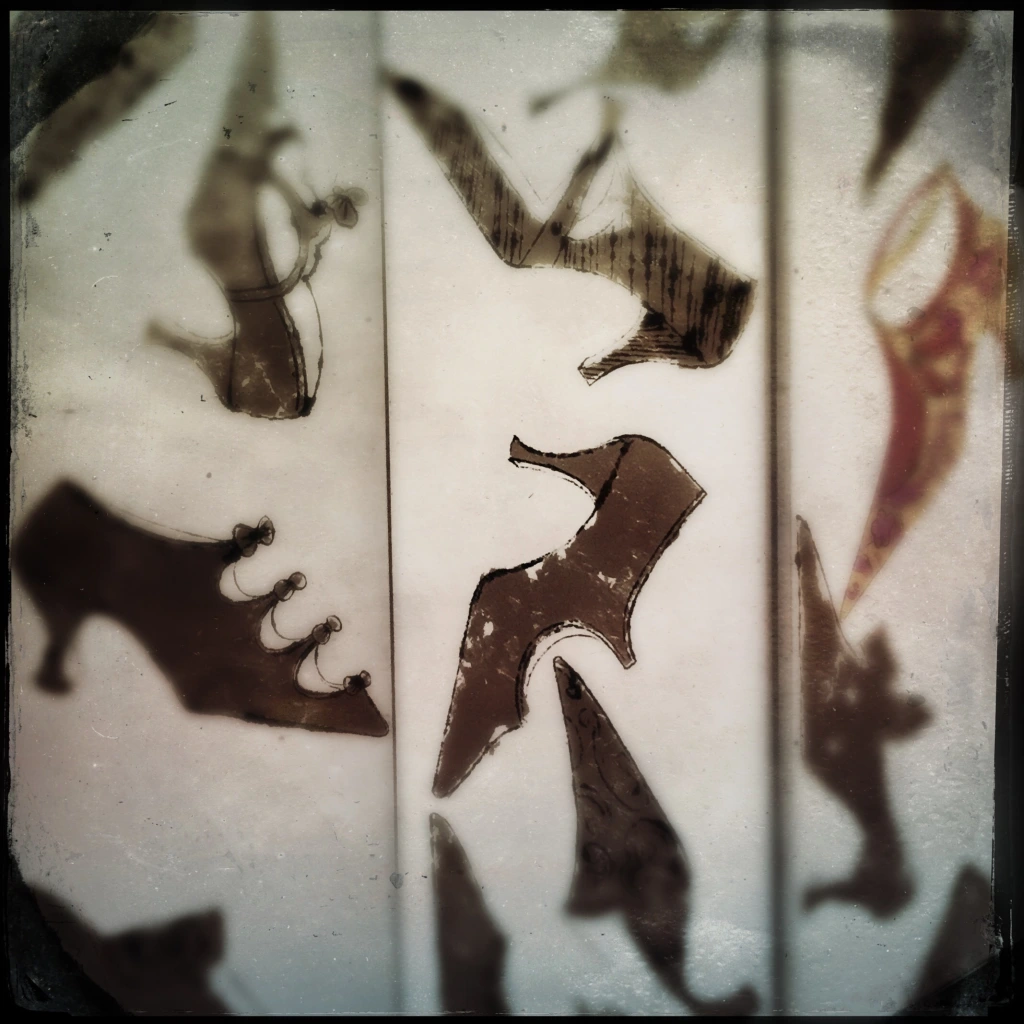
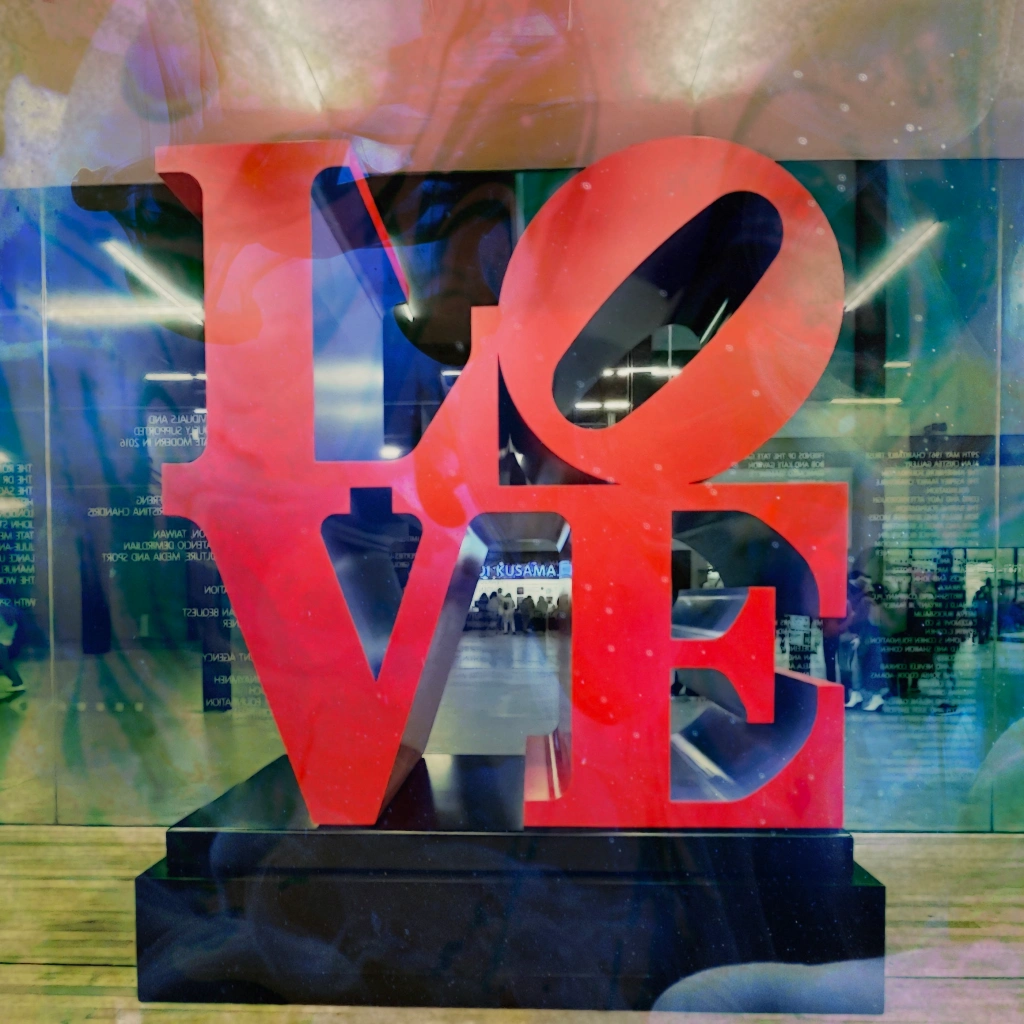
You must be logged in to post a comment.